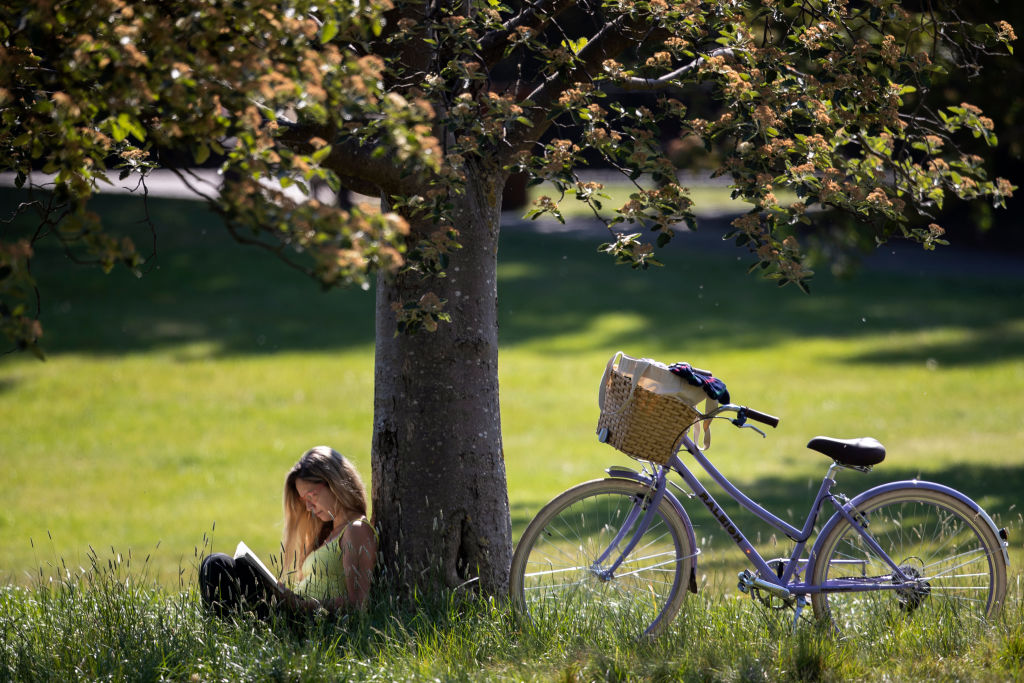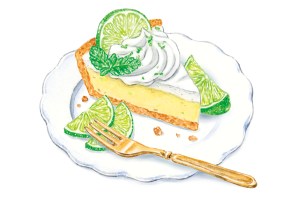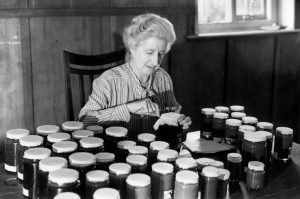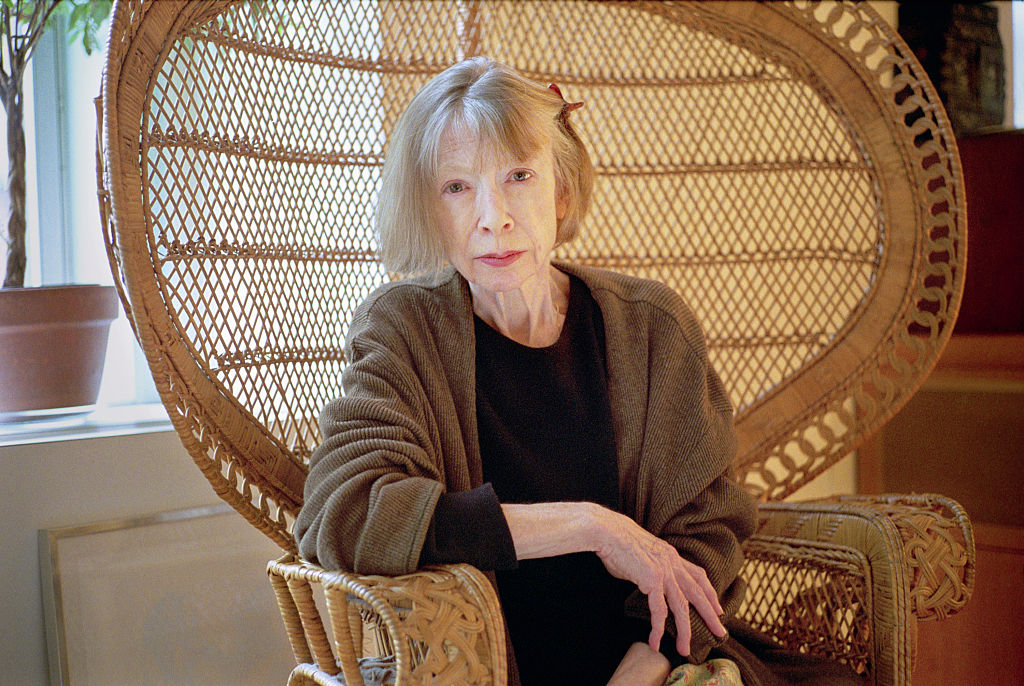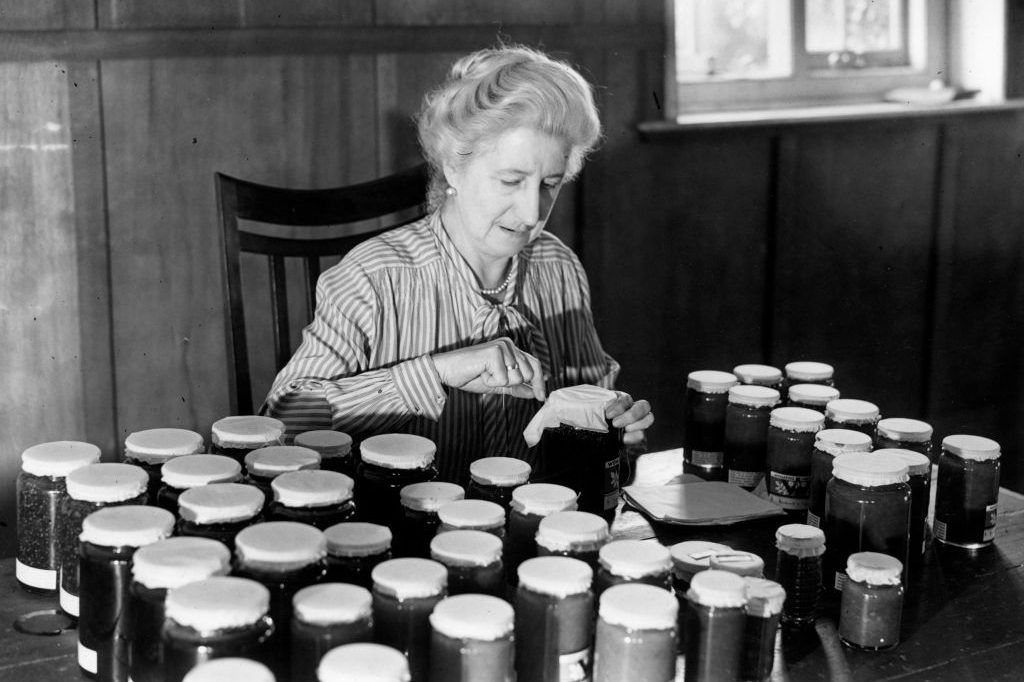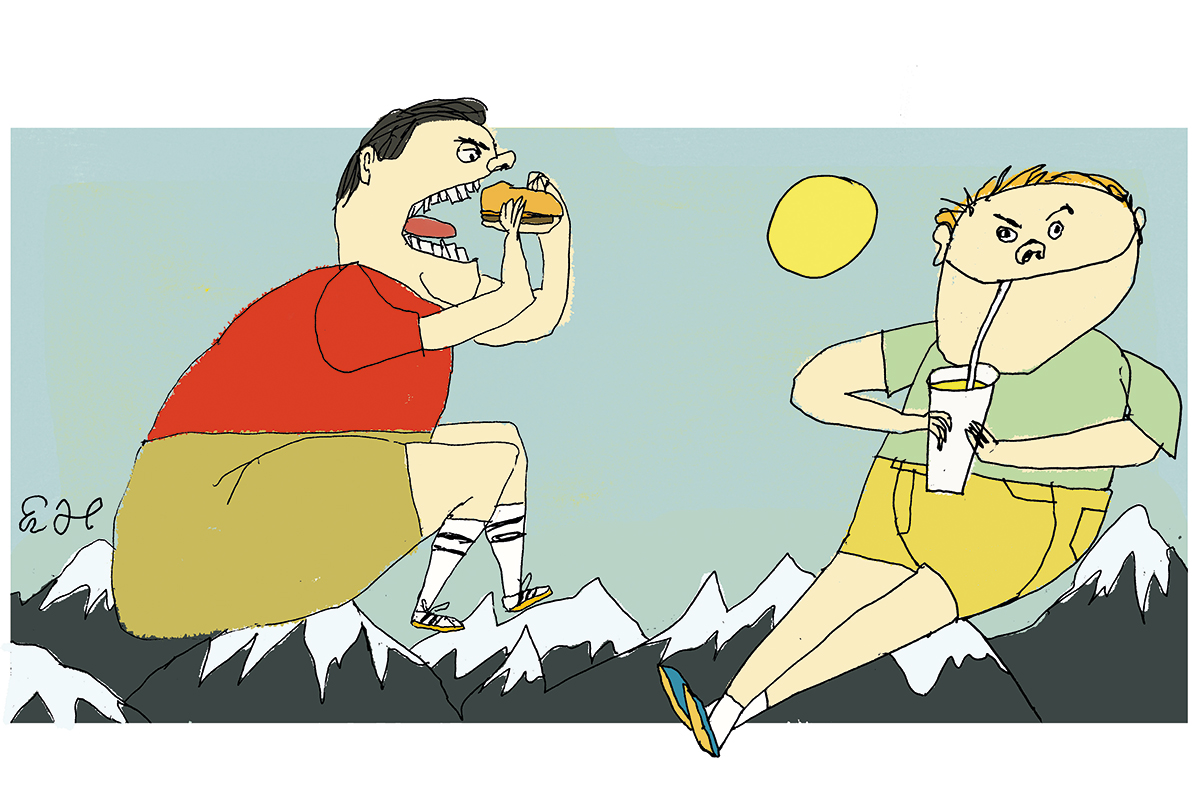I am convinced that the sweet-smelling tycoons that run candle-making companies must have read too much Proust when they were younger. With scents like “Inspire,” “Bohemia,” and “Sunny Daydream,” they cannot be aiming for something as cheap and transitory as mere tawdry olfactory pleasure. They must have become all but obsessed by À la Recherche du Temps Perdu, and be aiming for something akin to his narrator’s nostalgic odyssey upon tasting a madeleine: “and at once the vicissitudes of life had become indifferent to me, its disasters innocuous, its brevity illusory.” Rather pretentious, oui — but what other excuse can there be for a candle that proclaims it can smell like a cool library at midnight, or the depths of some dreamy reverie?
In noting the modern-day manifestations of Proust’s snack-time musings, I am rambling almost as much as his narrator. His description of how “as soon as I had recognized the taste of the piece of madeleine soaked in her decoction of lime-blossom…” fails to get to what happened “as soon as” he took a bite for some lines. And the madeleine-based meanderings manage to fill seven volumes of memory, meditation, and lost time occasionally re-found.
At the risk of spoiling the novel’s end for those who haven’t read it — and you’ve had your chance — time is “regained” when, in the seventh volume, the narrator achieves the same sense of madeleine-caused peace and contentment by tripping over a set of steps. Proust’s exploration of this circularity of time — pursued at extreme length, and with a lifetime of experience in between — often appears on lists of classic novels to read during the summer, as if hot weather automatically endows us all with both more time and longer attention spans. Back in 2013, the French radio station France Inter even ran a series called “Summer With Proust.” And what fun it was.
Where La Recherche comes into own is in the sense of nostalgia that it engenders. After all, summer — with its memories of long breaks from the drudgery of school — has the heady smell of unattainable pleasure baked into it. It is the time of year which, bar Christmas, is most burdened with unreasonable expectations. From “beach bodies” to perfect vacations and “summer flings,” it exists in a realm of half-imaginary experiences and fully impossible idealizations. We long for its odd mixture of partial memory and past perfection, even as we know we should know better.
It’s unsurprising, then, that the books we associate with the summer have a distinctly nostalgic bent. I have a soft spot for Henri Alain-Fournier’s Le Grand Meaulnes — alternately translated as “The Lost Estate,” “The Lost Domain,” and “The Wanderer.” With the appearance of a mysterious child, a vanishing fairy estate, and love at first sight, Fournier’s novel sounds like a child’s picture book. But its delicate pursuit of a lost adolescence is distinctly grown-up in nature.
Other summery reminiscences include Virginia Woolf’s To the Lighthouse — which pierces its own perfection mid-way through with the outbreak of war — and Evelyn Waugh’s Brideshead Revisited. It is that evocation of the first summer, or Trinity, term at Oxford — complete with champagne, strawberries, and the teddy bear Aloysius — which every reader remembers. Aficionados of Edwardian nostalgia will swear by L.P. Hartley’s great The Go-Between, which alternates between the 1950s and the hot summer of 1900 when the young Leo Colston finds himself an unwitting third party to an illicit romance at the aristocratic pile of Brandham Hall. Not content to soft-peddle his themes of nostalgia and adolescent development, Hartley opens the novel with the famous line “The past is a foreign country; they do things differently there.”
Summer nostalgia is not simply longing for a past idyll — the melancholy of The Go-Between is enough to disabuse anyone of that — but rather a meditation on something less specific that is perpetually, unrecoverably lost. And yet we struggle to find an American equivalent for this. If the French are excelling, the English are close behind. From Alan Hollinghurst to Kazuo Ishiguro, there are writers who deftly summon up the idea of a paradise lost. But where are their cousins on the other side of the Atlantic?
Perhaps American culture does not easily lend itself to nostalgia: in the place of reminiscing, there is progress. In the place of pages and pages about madeleines, there are pages and pages about money, sex, and politics. It’s a beguiling argument, but a false one.
If nostalgia in America has not lent itself to literature (although I would argue that some of Joan Didion’s novels are saturated in a sad, wavering appreciation of a world that never existed), it manifests itself elsewhere. After all, what else is Lana Del Ray’s curious blend of 1950s Americana and pin-up other than a manufactured nostalgia for a time that never was? And Jonathan Richman’s 1983 hit “That Summer Feeling” — with its haunting refrain “that summer feeling is gonna haunt you one day in your life” — elegantly summons up its own near-Proustian wistfulness.
Of course, we have the scented reminiscences of the candle tycoons to contend with. But with that trip over the steps of a repeated image, it looks like we’re back where we’re started. Anyone for a madeleine?



